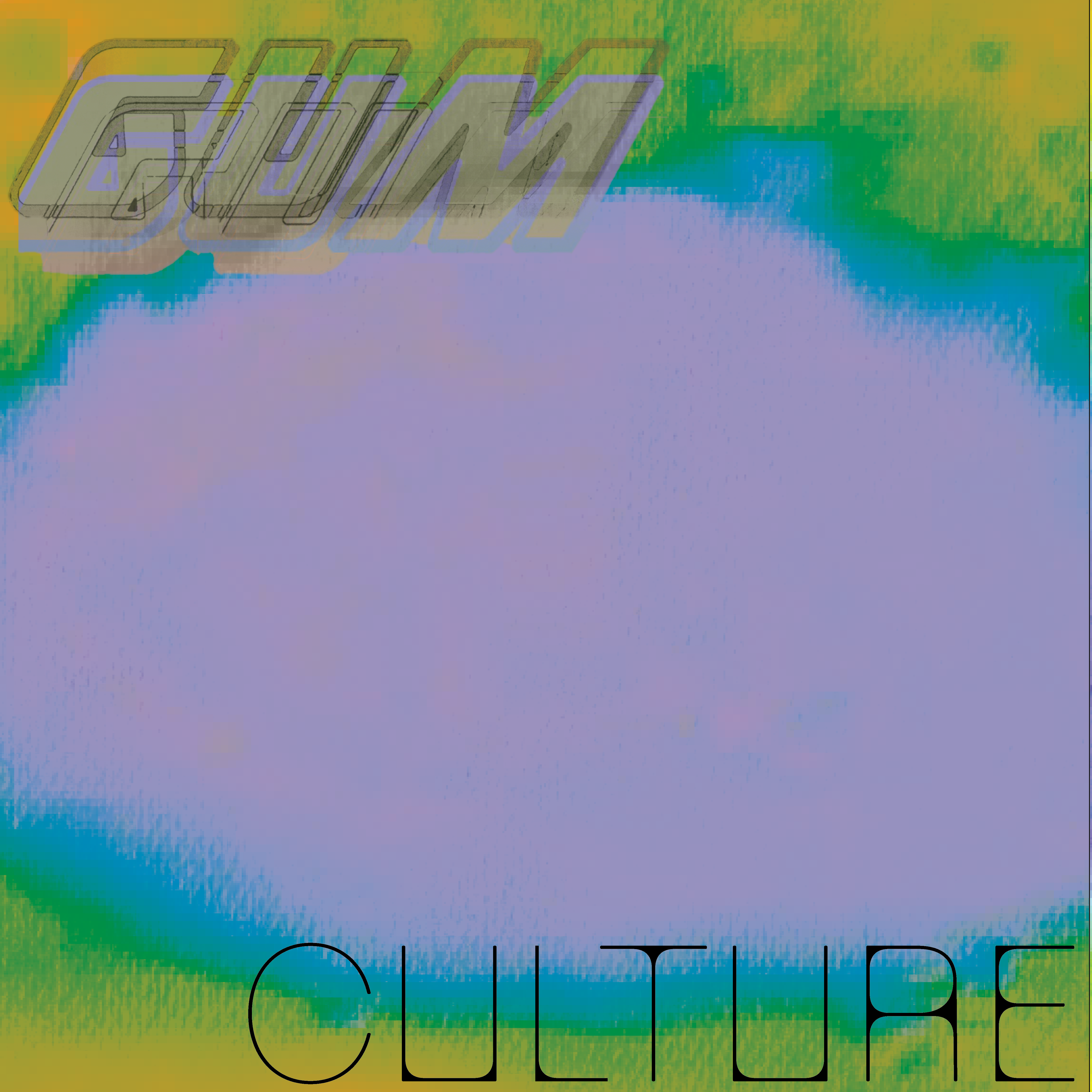Words: Ava Ahmann (She/Her)
Content Warning: Racial violence
Sheku Bayoh, his name, resounding around the room, reiterated by family and friends in the varying ways that come with loving intimacy, at times “Shek,” “uncle,” “brother,” his life playing out on a small screen in the Scottish Trades Union Congress (STUC) office. Twenty or so of us watching those who knew Bayoh testify to his loving nature and indelible kindness. The short documentary, compiled by friends and family, entitled ‘A Portrait of Sheku Bayoh,’ is available for free on Youtube and packs a great deal of life into 27 minutes. A story of a young man who moved from Sierra Leone to London, before joining his sisters in Kirkcaldy. A man who integrated seamlessly into Scottish culture, the type of person who couldn’t walk down the street without stopping constantly to have a chat with a pal. A vibrant life cut short by police in 2015 when Bayoh was stopped a quick drive away from his home and restrained with lethal force, dying as a result of asphyxiation, the officers on top of him just 40 seconds after arriving on scene.
What followed – a pattern of misleading statements on behalf of the police to members of Bayoh’s family and a condemnation of his character by the media – has been absolutely punishing for his friends and family. The narrative that emerged from the police and media was that Bayoh was “armed and dangerous,” thus awarded a fate not entirely unjustifiable. Bayoh, who at the time was high, was reported to be wandering the streets with a knife, which he discarded prior to police arriving on the scene. What could have been a case for nonviolent intervention was an instance of lethal force leveraged by police against a member of their own community.
The screening was done with the STUC and Stand Up To Racism Glasgow. On the panel was Kadi Johnson, the sister of Sheku, and her husband Ade. The family members were joined by Ruby Hirsch, an organiser with STUTR and Layla-Roxanne Hill, a member of STUC Black workers committee & co-author of Black Oot Here, an investigation into the history and current state of Black life in Scotland.
Sat in front of Ade and Johnson, their pain palpable, I was reminded of the constant pressure victims of state violence are under to not only advocate in legal terms for their murdered kin, but to retell the story of their loved one’s life and death, with the role of petitioning for sympathy from the public and state institutions. This cycle of trauma, of reliving the most painful day of their lives, over, and over again was described by Ade as being almost frozen in a state of a prolonged inability to grieve. Denied their right to privately process Bayoh’s violent passing, they are instead forced to push for justice, standing up against a police force that was unconcerned with honouring the “duty of care” entrusted unto them on the day of Bayoh’s death, who instead endeavoured to mislead the family and condemn the man they killed.
To date, hundreds of people have died in police custody UK-wide. However, only one police officer has ever been successfully prosecuted for a death in custody. For Black residents the reality of police violence proves even more stark; a BBC analysis finding that they are twice as likely to die at the hands of the police. Bayoh’s family and advocates are keenly aware of the odds associated with pushing for prosecution. In 2019, 4 years after Bayoh’s death, the Scottish Lord Advocate confirmed that none of the officers who arrested Bayoh would face criminal prosecution. The following day, Humza Yousaf, Justice Secretary at the time, announced a public inquiry into Sheku’s death. Yet another four years later, the public inquiry is still ongoing, set to resume this November. The inquiry aims to understand the truth of what happened on the day of Bayoh’s death, and in the subsequent police investigation, hoping to excavate whether or not race was a factor, and endeavouring to prevent future deaths in police custody.
Johnson thanked those present at the viewing, highlighting the value of seeing familiar faces from the public inquiry, which is hosted in Edinburgh and is open to the public. Clearly overcome with grief, Johnson underlined the need for truth, justice, and a police force in Scotland with an ingrained respect for Black lives. Highlighting the connections between Bayoh’s killing and the similarly brutal murder of George Floyd, Kadi emphasised that without accurate media reporting and consistent community organising, these cases are often overlooked.
Scotland is not a site of exceptionalism, but rather a nation where the same forms and functions of systemic racism are allowed to not just continue, but to flourish. No longer. In Sheku’s name a truly anti-racist Scottish society must be born.

